What is third party third-party liability, you might ask? Third party liability occurs when you become liable for the actions of another party.
For example, let’s say a vendor’s worker falls and breaks his ankle while performing work for the association. Typically, it’s the vendor’s workers’ compensation policy the worker would utilize. However, if the worker can reasonably argue that the area where the worker fell was unsafe, the association could be faced with having to assume some financial responsibility for the event, as well.
We see cases like this every day, and it can result in your HOA taking on an unexpected financial burden. The good news is that adopting just a few simple strategies can help you reduce the chances of becoming financially responsible for issues that you have little control over.
How to Protect Your Association
- Do regular, well-documented checks of the HOA’s property to ensure that there is no excessive danger to others. Catching potential problems early and fixing them will maximize your association’s protection.
When you’re doing your property check, remember that all the areas should be well-maintained. Make sure that any place where an accident is likely to occur, like an entryway or a parking lot, is well maintained.
Related Article: Assessing and Overcoming Major Risks at an HOA
- Utilize legal counsel when creating contracts. Additionally, exercise caution when accepting a contract given to you by a vendor. Have all contracts reviewed by your legal team to ensure that the contract is favorable to your association.
A good best practice is to partner with your management company when considering entering a contract with a vendor. They have their own legal team who can assist the manager in reading contracts and looking out for red flags.
Moreover, a good management company should have a system in place to ensure that only the most reputable, quality bids come to your board meetings for consideration.
Related Article: Your HOA Guide to Managing Vendor Contracts
- Focus efforts on creating contracts designed for risk transference. Risk transference is vital for reducing your third-party liability.
Risk transference is a process by which risk is deflected or transferred from one party to another. There are several ways to accomplish this:
Create an indemnification clause
An indemnification clause contractually enforces one party to assume the financial burden of the other party. When looking into creating an indemnification clause for your HOA, check with your legal counsel regarding the laws for your state. The enforceability and interpretation of these clauses vary in each state.
The indemnification clause should specify that the contractor compensates your association properly for any harm or loss associated with their negligence. Typically, indemnification clauses only pertain to incidents and accidents that occur due to negligence involving their own employees, subcontractors, and vendors.
Indemnification clauses can, and should, mandate that contractors financially support the association in any third-party litigation that has to do with their contract. This includes paying for independent legal counsel and any costs associated.
Write a hold harmless clause
Hold harmless clauses are very similar (and in some cases, identical) to indemnification clauses. A hold harmless clause holds one party fully liable if negligence occurs.
Compose specific insurance requirements and specify it in the contract
Insurance clauses in contracts require vendors to have adequate insurance (And provide proof of coverage before starting work). What qualifies as adequate insurance? In short, the limits in your vendor’s insurance should be equal or exceed your insurance’s limits.
Additionally, it’s important that the vendor provide a valid certificate of insurance before starting work. Because having a valid COI is so important, it should be required in the insurance clause.
Insurance clauses typically require the contractor to name the association and its manager as an additional insured. We recommend exercising caution with including this provision — being a vendor’s additional insured may lead to an increase in liability. The reasons for this are twofold: first, it may limit the association’s total coverage. Second, depending on the situation, it might force your policy to act as the primary.
If you decide to move forward as the additional insured in your contract, make sure the contract specifies that the contractor’s insurance will act as the primary insurance. As an added precaution, we suggest you don’t sign any contract provided to you until your legal counsel reviews it.
When writing or reviewing contracts from vendors, remember that your legal counsel can help you craft language that’s favorable to the association.
We always encourage HOA board members to check-in regularly with their community manager and legal counsel regarding their contracts. Your team of professionals will help you ensure that your contracts protect the community from an unnecessary level of risk.
If you want to know more about how to protect your association from liability, subscribe to our blog, and we’ll send you regular updates and information based on our own expertise!





